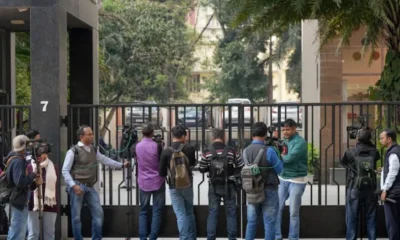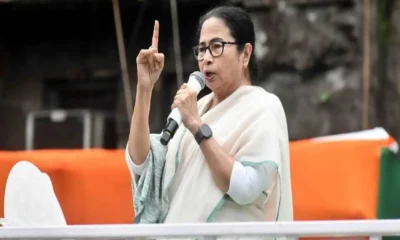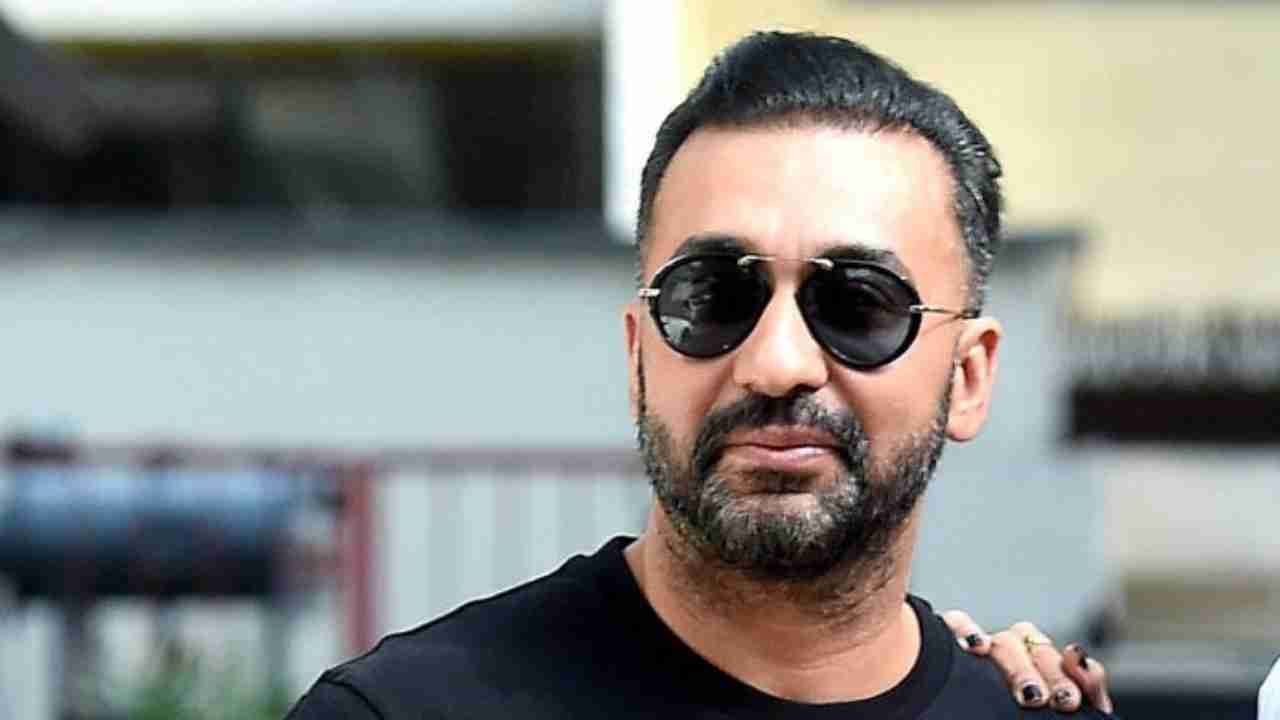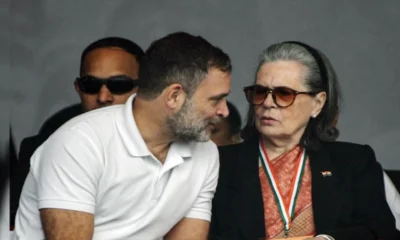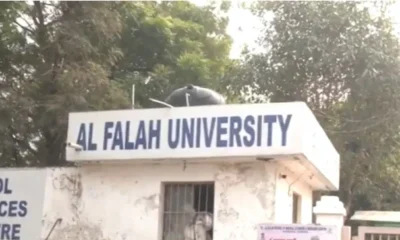India News
Allahabad HC grants bail to Kerala journalist Siddique Kappan in ED case, he’s got bail in other cases
The Kerala Journalist was charged under Prevention of Money Laundering Act (PMLA) by a court in Lucknow. Aside from Kappan six others were also charged with the same, who were KA Rauf Sherif, Atikur Rahman, Masud Ahmad, Mohmmad Alam, Abdul Razzak and Ashraf Khadir.

India News
PM Modi crosses 100 million followers on Instagram, first world leader to achieve milestone
Prime Minister Narendra Modi has crossed 100 million followers on Instagram, becoming the first world leader to achieve the milestone and widening the gap with global counterparts.
India News
MK Stalin predicts frequent PM Modi visits to Tamil Nadu before assembly election
MK Stalin has said Prime Minister Narendra Modi will visit Tamil Nadu more often ahead of the Assembly election, calling the tours politically motivated and questioning the Centre’s support to the state.
India News
Shashi Tharoor questions Centre over Kerala name change to Keralam
Shashi Tharoor has criticised the Centre’s decision to approve renaming Kerala as Keralam, questioning its impact and pointing to the lack of major projects for the state.
-

 Latest world news24 hours ago
Latest world news24 hours agoTrump says tariffs will replace income tax, criticises Supreme Court setback in key address
-

 Latest world news24 hours ago
Latest world news24 hours agoPM Modi to begin two-day Israel visit, defence and trade in focus
-

 India News24 hours ago
India News24 hours agoShashi Tharoor questions Centre over Kerala name change to Keralam
-

 India News15 hours ago
India News15 hours agoMK Stalin predicts frequent PM Modi visits to Tamil Nadu before assembly election
-

 Latest world news15 hours ago
Latest world news15 hours agoIndia eyes Rs 8,000 crore mid-air refuelling aircraft deal as PM Modi begins Israel visit
-

 Latest world news31 mins ago
Latest world news31 mins agoPM Modi reaffirms support for Israel, recalls 26/11 victims in Knesset address
-

 Latest world news23 mins ago
Latest world news23 mins agoCanada softens stance on alleged Indian interference ahead of PM Carney’s India visit
-

 India News12 mins ago
India News12 mins agoPM Modi crosses 100 million followers on Instagram, first world leader to achieve milestone



